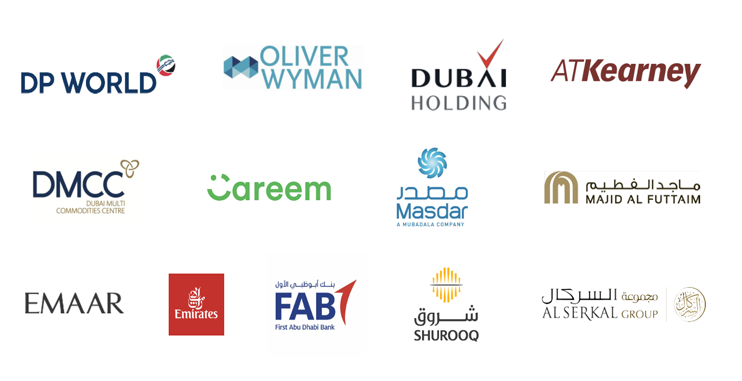UAE Sustainability
The process to develop the SDGs was launched by the UN Conference on Sustainable Development (‘Rio+20’) in June 2012. The idea of the SDGs was first proposed in 2011 by Colombia and Guatemala. In the run-up to Rio+20, the SDGs were championed by other countries, including Peru and the UAE.
The negotiating process on the SDGs was first carried out in an Open Working Group (OWG) of the UN General Assembly (UNGA), which met 13 times in 2013-2014 and in which the UAE held a seat. The UAE participated in the OWG representing the Asia-Pacific region via a seat shared with Cyprus and Singapore. The UAE provided substantive input on issues such as energy, education, global partnership, health, water and women’s empowerment. The UAE also represented the Arab Group in these negotiations.
The SDGs were finalized in August 2015, after eight sessions of intergovernmental negotiations. At the UN Sustainable Development Summit in September 2015, which formally adopted the 2030 Agenda for Sustainable Development, the UAE highlighted access to clean energy, alongside sufficient and affordable food, quality education and healthcare, sustainable economic growth, healthy ecosystems and increased resource efficiencies, as issues that resonate strongly with the country. The UAE also pledged to ‘leave no one behind’ and ‘shift the world onto a sustainable and resilient path’.
Further, the UAE’s Minister of Foreign Affairs, H.H. Sheikh Abdullah bin Zayed Al Nahyan, participated in the UN Secretary-General’s High-Level Panel on Global Sustainability (GSP), which produced a report titled Resilient People, Resilient Planet as a key input to the Rio+20 Sumit.
In January 2017, the UAE’s National Committee on SDGs was formed by decree of the UAE Cabinet. His Excellency Abdulla Nasser Lootah, Deputy Minister of Cabinet Affairs for Competitiveness and Knowledge Exchange, chairs the National Committee. The committee, which includes 9 federal entities, is responsible for the national implementation of the SDGs, monitoring and reporting of progress towards targets, and stakeholder engagement to facilitate integrated implementation and information exchange to drive sustainable development in the UAE.
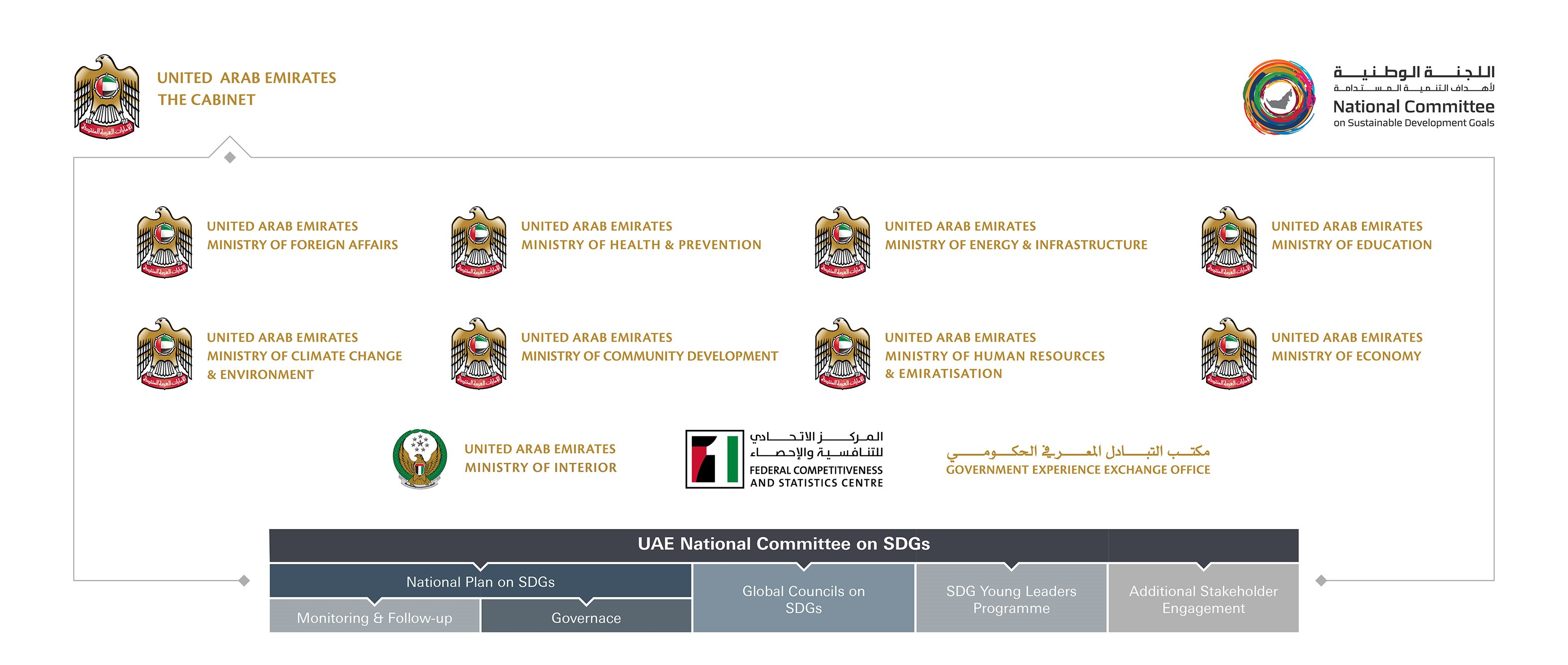
Youth Advisory Council for the SDGs
Due to the important role of the youth in developing the society and achieving the SDGs the UAE National Committee on SDGs announced the establishment of the Youth Advisory Council for the Sustainable Development Goals during the 2018 UN World Data Forum in-line with the Youth Circle that focused on the role of youth in achieving the SDGs.
The council was launched by HE Shamma bint Suhail Faris Al Mazrouei, Minister of State for Youth Affairs, HE Amina Mohammed, Deputy Secretary-General of the United Nations, HE Abdullah Nasser Lootah, Director-General of the Federal Competitiveness and Statistics Authority and Vice-Chair of the National Committee on SDGs.
The launch of the Council is conforming with the United Nations Youth Strategy "Youth 2030: Working with and for Youth", which aims to strengthen the capacity of the United Nations in engaging young people to share their potentials in tackling sustainable development issues, and it reflects the Government's efforts to support UAE youth and provide them with the skills and knowledge they need to meet the challenges of our future.
It is also a platform for young people to exchange views on a variety of topics related to the sustainable development goals. The council targets Emirati and non-Emirati youth between 15 to 35 years old and seeks to enable young people to meet and discuss proposed solutions to the SDGs challenges in the UAE and to develop solutions that can shape national policies of the country.
The members of Youth Advisory Council are:
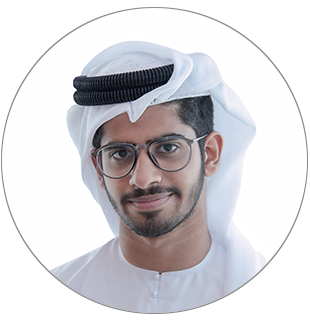
Mohamad Al Yamahi
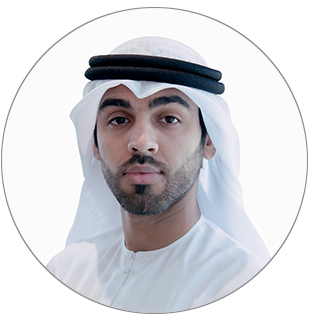
Ahmad Al Marzouqi
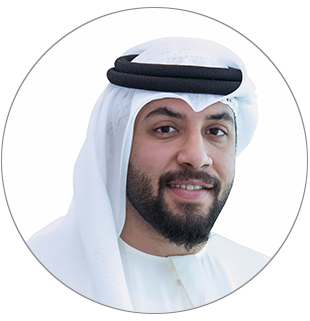
Muath Al Naqbi
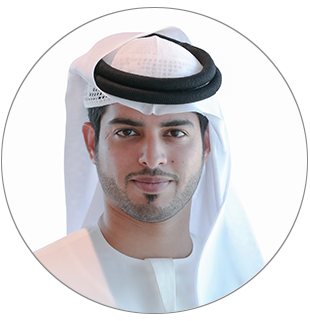
Yaser Al Khoury
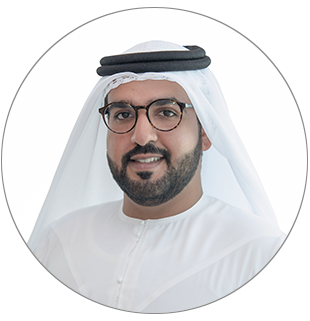
Ahmad Al Mansouri
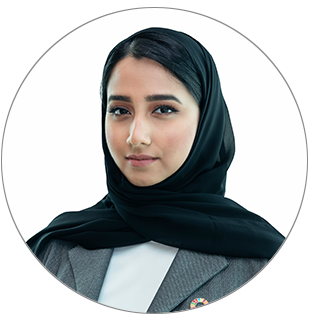
Athba Al Shehi
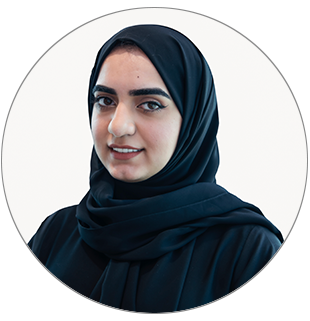
Huda Al Tumaimy
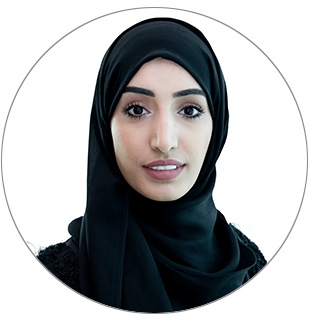
Mariam Al Ali
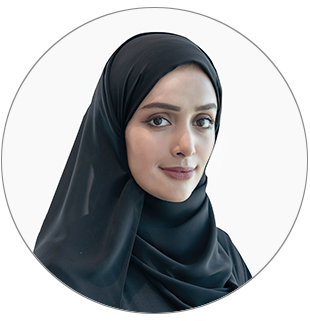
Afra Al Mansouri
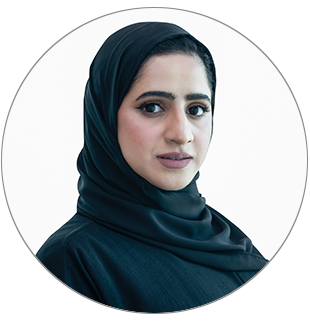
Eman Al Suwaidi
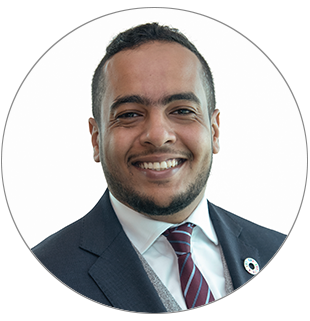
Mohamed Abdullah

Kefei Wu
Private Sector Advisory Council (PSAC) on SDGs
The UAE National Committee on SDGs launched a Private Sector Advisory Council on the Sustainable Development Goals that provides a platform for regular dialogue between the private sector and the UAE’s National Committee on the implementation of the SDGs.
The goal of launching this council is to foster stronger links between the private sector and the UAE government to partner and work together in achieving the SDGs.
The Private Sector Advisory Board consists of representatives of 13 global leaders in a number of vital sectors such as trade, consulting, aviation, transport and others.
